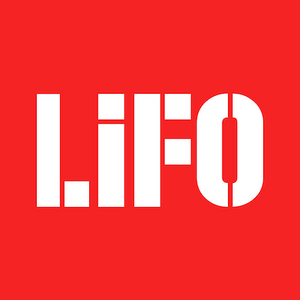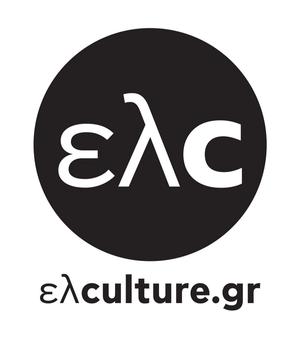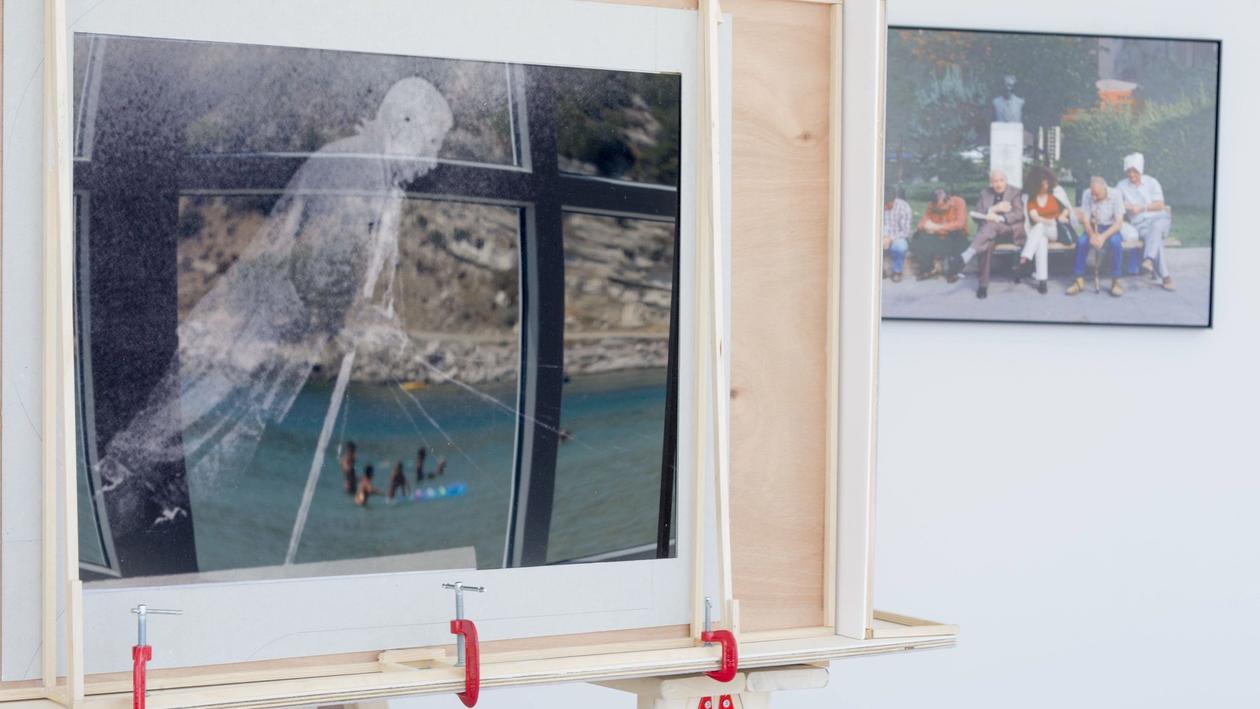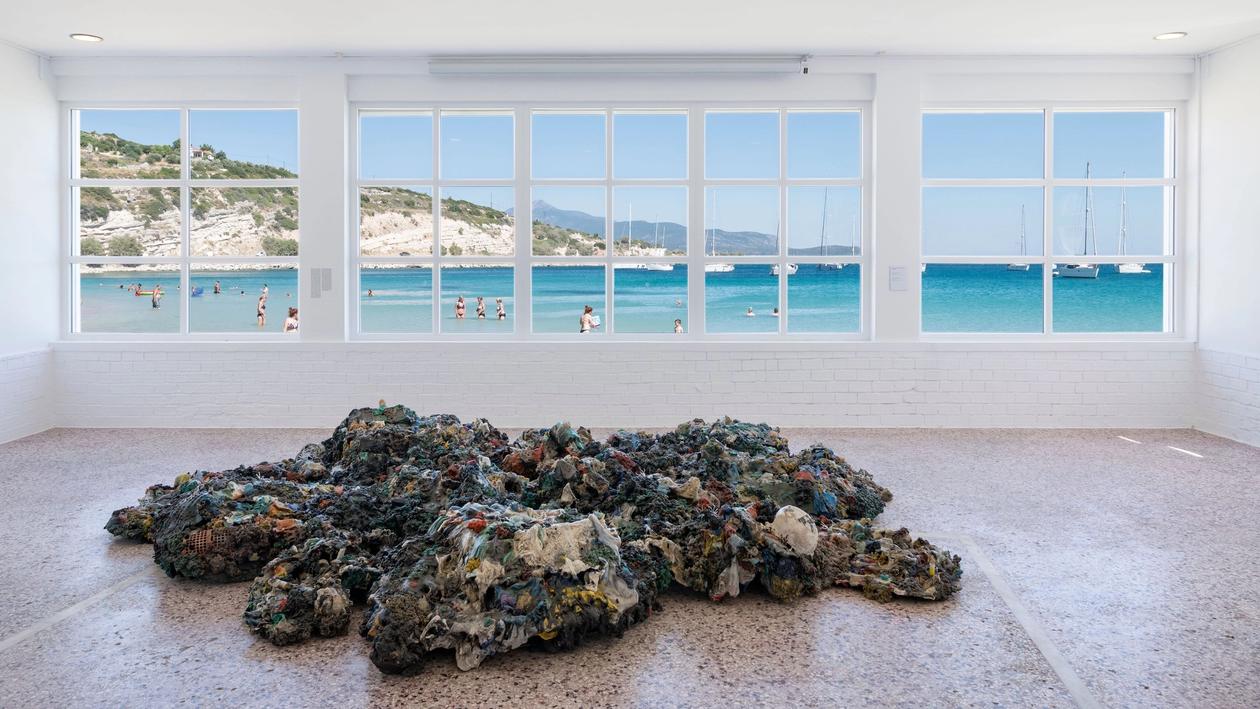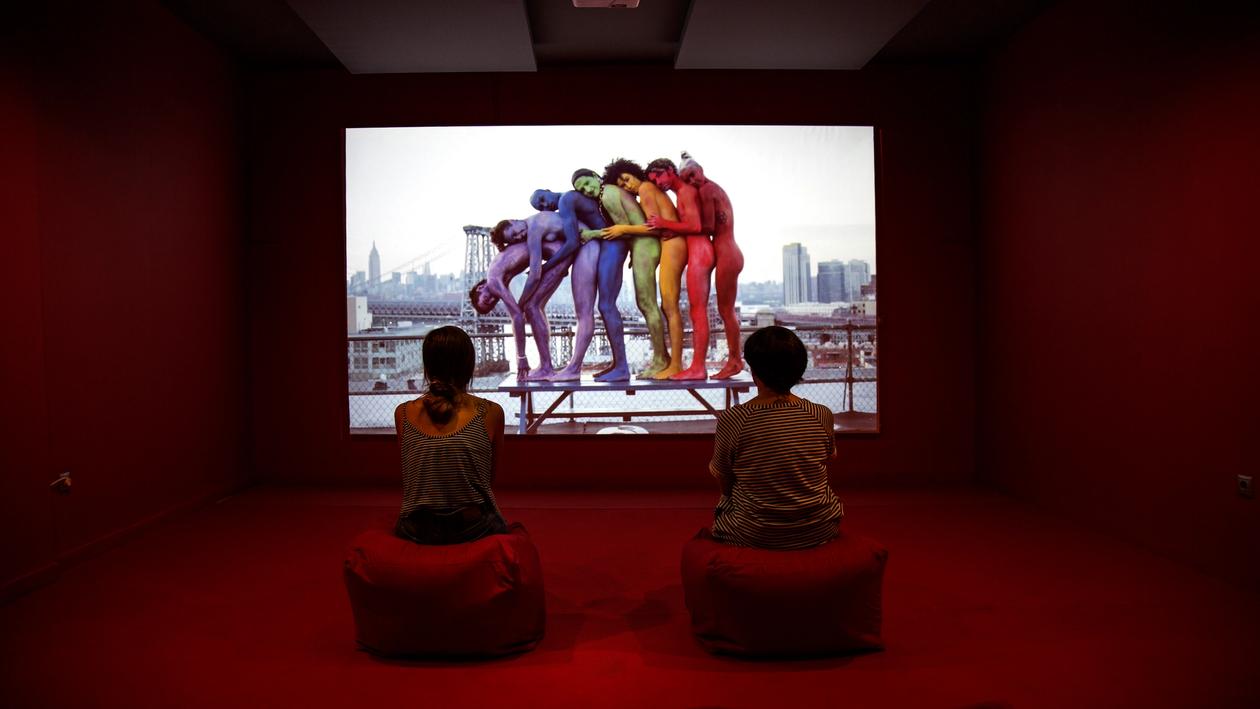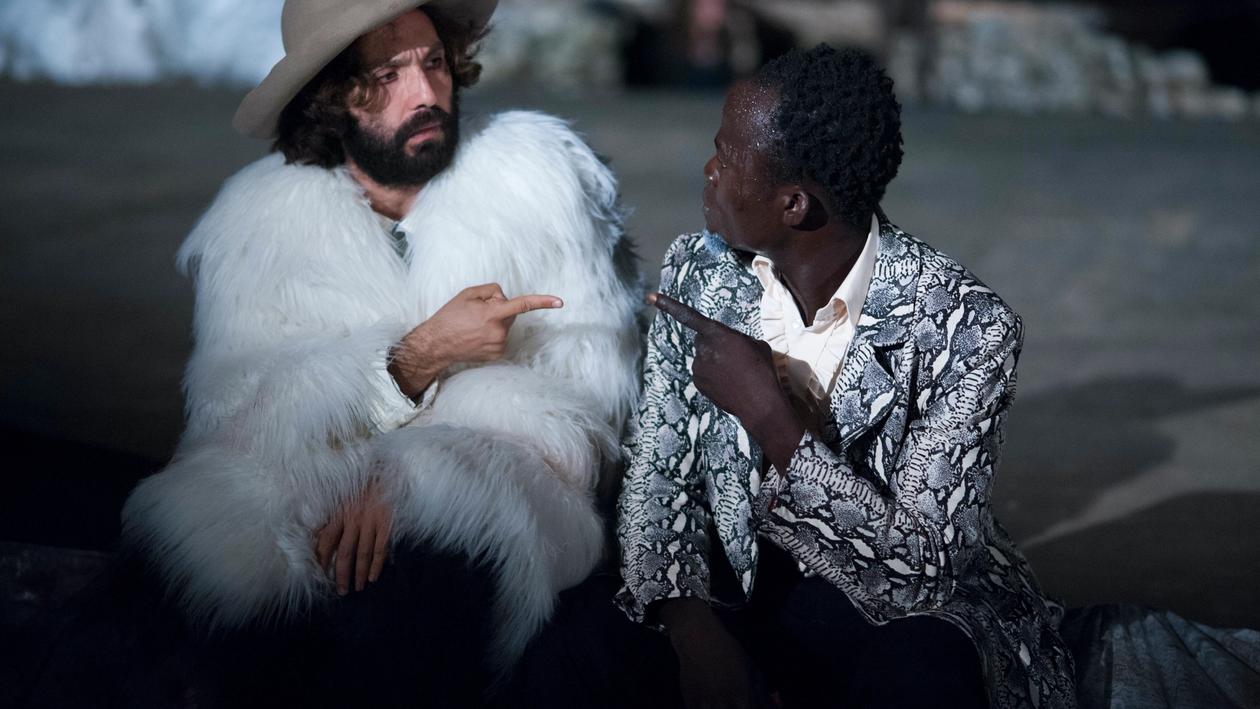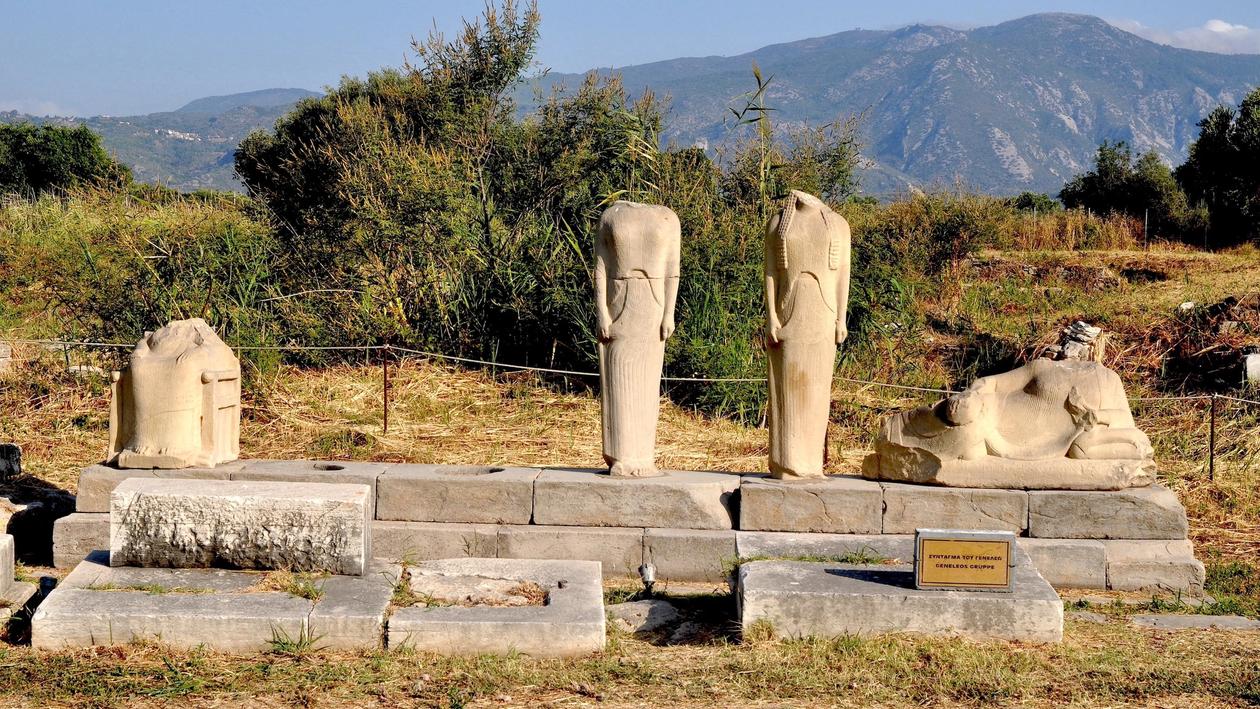
Anatomy of Political Melancholy
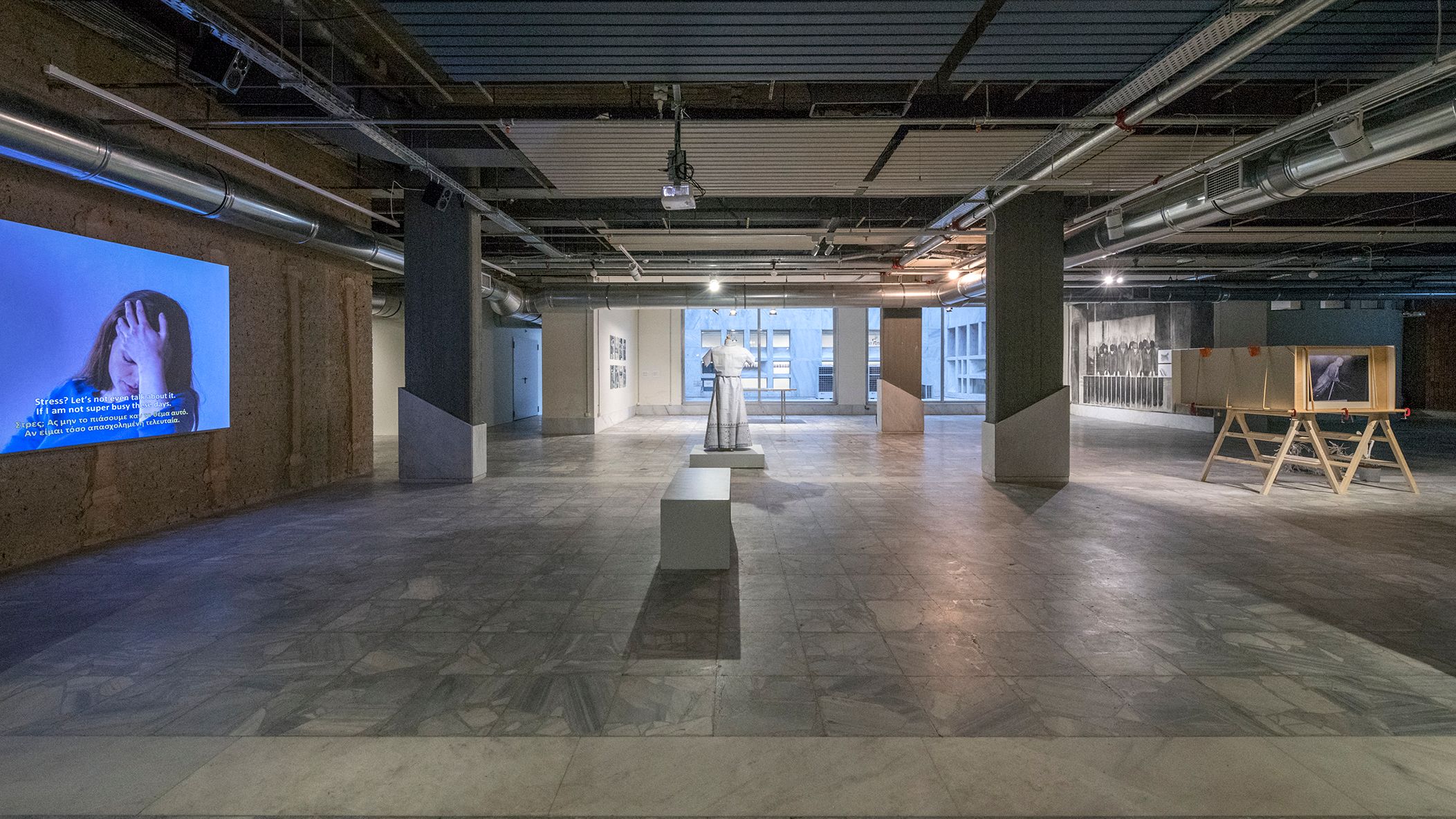
Installation view
Photo: Panos Kokkinias

Participating Artists
Curator
Video by Gevi Dimi & Konstantinos Stagkikas. (C) 2019 Schwarz Foundation
Anatomy of Political Melancholy
Text by Katerina Gregos
“Change happens when we decide what we want, rather than what we think we might get.” 1
—George Monbiot
What has happened to the state of contemporary politics? Wasn’t there once a time when politicians were driven primarily by unselfish motives or altruistic intentions and entered politics to serve the public good — a time when politicians were well-educated people, bound by moral integrity and high ideals? True, politics has always been prone to corruption and the abuse of power, but in recent years it seems that self-serving private interests — or the interests of industry and business—have come to take precedence over the interests of the wider electorate. Citizens, it seems, exist only to be managed, manipulated and exploited, rather than served. Political campaigns deliver messages of fear, rather than of hope or vision; scandals abound and miscreants offer apologies without sincerity and then quickly return to “business as usual.” Voting is no longer about positive choice, but about accepting the lesser of two evils. No wonder that fewer and fewer people are turning out to vote, while many of those who still do are disaffected.
Moreover, many voters have been abandoning traditional mainstream parties while an ever-increasing group of people don’t identify with a specific party. As sociologist Stephanie L. Mudge points out, “electorally, the ‘losers’ of ‘globalisation’ — that is, a whole lot of people, including whole communities — ended up with no party that spoke for them.”2 In her excellent interview Neoliberalism from the Left she also discusses the current shift to the Right and how these parties pretend to be representatives of the disempowered and the disenfranchised; the most telling example of this of course, being Trump’s electoral victory in 2016. However, she goes yet further to critique the Left for creating a political vacuum. She talks about one of the failures of the Left as being the espousal of “Third Way” politics from the 1990s onwards; i.e. embracing the politics of the free market, privatization and financialization more and more, while increasingly relinquishing the idea of the welfare state (one obvious example of this would be Tony Blair’s “New Labour”). “Culturally,” she suggests, “criticism of the neo-liberal order was marginalized and hived off as a province of the ‘radical’ left, rather than being the stuff of mainstream political discourse — where it should have been all along.”3
To make matters worse, we are increasingly witnesses to the debasement of political language; the infantilisation and polarisation of political debate; the growth of a simplified discourse that panders to collective fears rather than addressing the real, pressing questions; the lack of accountability from politicians, and of course, “fake truth” and “alternative facts.” Welcome then to the heyday of “psychopolitics” — the interaction between politics or political phenomena and human psychology. With Trump in the White House, Putin in the Kremlin, and Bolsonaro in the Brazilian National Congress psychopolitics has taken on a new, frightening, meaning. No wonder so many of us feel disillusioned. Philosopher Lieven de Cauter calls this sense of disillusionment ‘political melancholy’: a sinking feeling borne from frustration, anger, despair, mistrust, sadness and hopelessness. This exhibition is inspired by his text Small Anatomy of Political Melancholy.2 The disillusionment with politics, government, state institutions and political parties is at an all-time high. For the first time since World War II (which was preceded by similar political crises of the 1920s and 1930s), we have reason to fear the disintegration of peace and the rise of aggressive nationalism.
Clearly there is something profoundly wrong with contemporary politics: it is not only a case of the moral and intellectual inadequacy of politicians, but also the gaping chasm between the aims of politicians and the needs of citizens. The foundations of democracy itself are at risk, not only from the rise of demagogic populism in Europe, but also from the grip of financial institutions, mega-corporations and special interest groups which have the power to influence the political agenda.
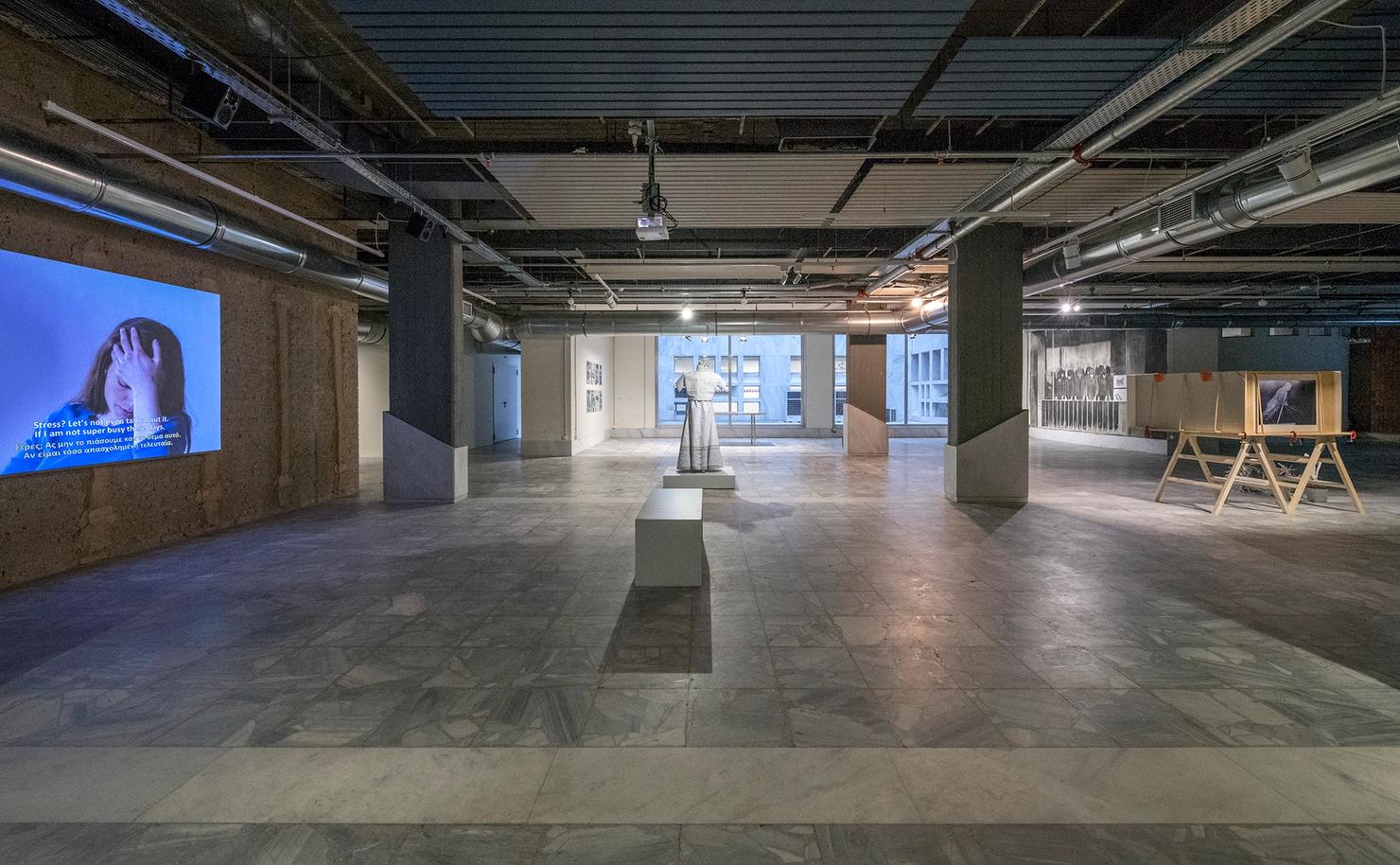
Installation view (from left to right):
Ariane Loze, Impotence, 2017; Jennifer Nelson, Untitled (Mesogheia), 2016-in progress; Thu Van Tran, Instant Happiness, 2009/2018
Photo: Panos Kokkinias
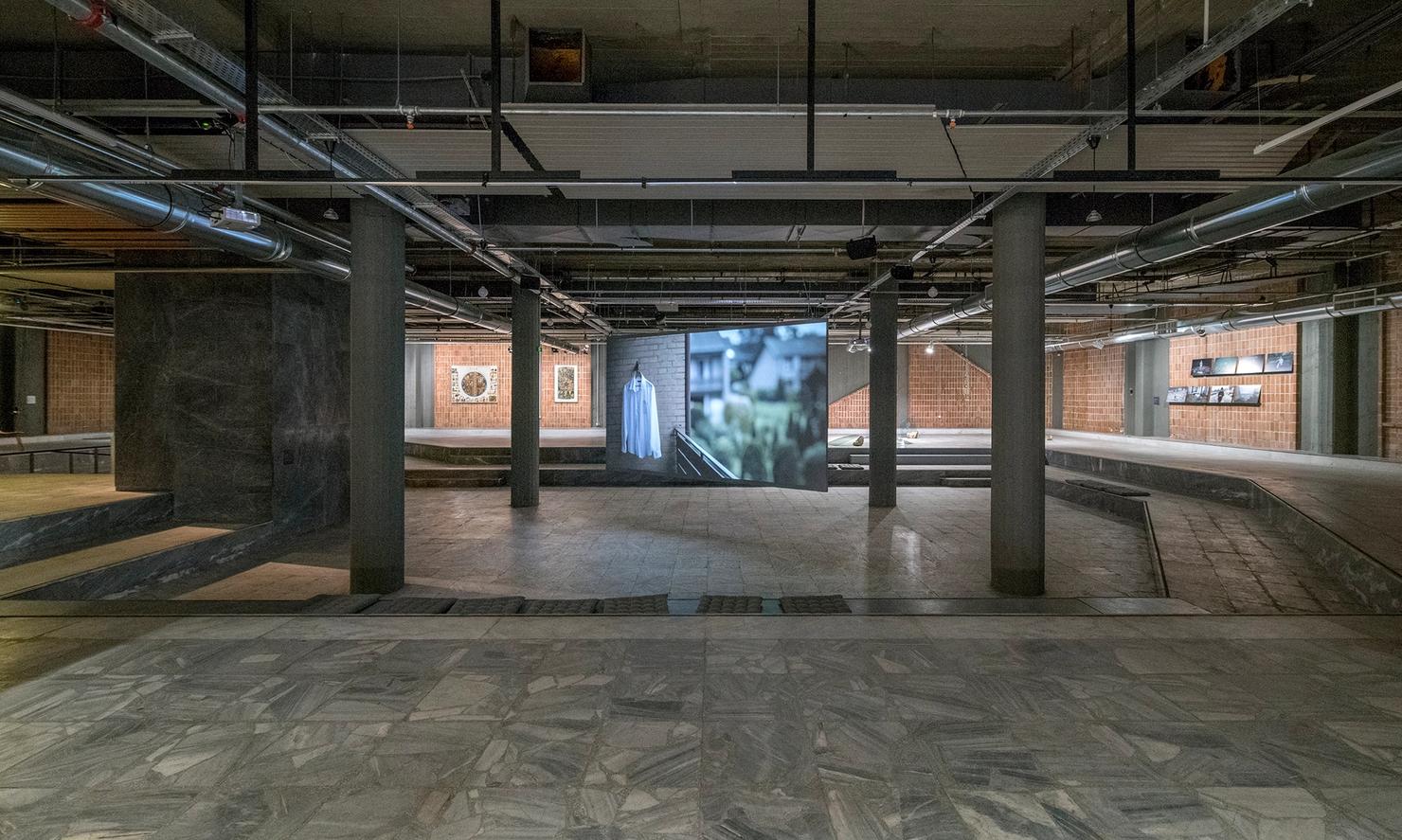
Installation view (from left to right):
Chrysa Romanos, From the series Luna Park International, 1965; Sven Johne, Дорогой Владимир Путин/Dear Vladimir Putin, 2017; Dimitris Mytas, Untitled, 2014, From the series Mauve, 2014-2019
Photo: Panos Kokkinias
Politics, it seems, has become hostage either to opportunists or to people of power and special interest groups. The education, culture, motives, capabilities and moral standing of politicians don’t appear to bear much weight today. Greece, of course, exemplifies the loss of sovereignty due to debt, where ordinary citizens have been forced to bail out a country driven to financial collapse by government mismanagement and corruption of the political system (this is also due to the age-old clientelist relationship between state and citizens in the country). The longstanding economic and political crisis in Greece has led to political disillusionment, mistrust of institutions, a sense of collective powerlessness, and a post-ideological phase characterised by apathy, individualism, and resignation. According to sociologist of law Ioannis Kampourakis: “This defeatism fits into a longer trend in Greece, tracing back to the defeat of the communist left after the post-WWII Civil War, of nostalgia and glorification of a ‘struggle fought, even if lost’, which has aestheticised the contemporary apathy as a form of political pessimism and melancholy.”3
Education Programme
Education through culture is one of the key aims of the Schwarz Foundation. Every exhibition features a specially designed education programme. The one designed for Anatomy of Political Melancholy provides basic tools for reflection and activates the basic human need of expressing ones opinions on current events and the key issues of our times. The idea of ‘political melancholy’ is conveyed by the works in the exhibition in various ways and with different media, bringing to the fore this increasingly widespread — and often repressed — sentiment of political malaise, which is evidently recognised as a key problem in many contemporary societies, whether in Europe, the Americas or the Global South. The education programme has been structured bearing in mind art’s capacity to activate narratives, to tell stories, and to stimulate critical thought and debate. An almost obsolete, analogue medium of communication, the postcard, forms an integral part of the exchange with the audience who are invited to write on it and express their thoughts on the issue of ‘political melancholy’ based on their interpretation of the works in the exhibition, expanding their meaning. The postcards are then sent to their recipients — politicians, public figures, officials, friends or family, by ‘snail mail’, at a time when 215 post offices are closing throughout Greece, leaving 2,000 people out of work. Through this interaction — and the dialogue created between visitors and mediators in the process — the language of contemporary art is harnessed to encourage people to convey and share their socio-political concerns — and often-conflicting opinions. The works of art function here as a potent medium of knowledge production, and of stimulating dialogue around critical — and very often contested — issue This exchange takes place in the specially designed “Complaints Desk” within the exhibition space, which the curator of education runs as a kind of civil servant assigned to serve the needs of the exhibition’s visitors.
The Education Programme takes place every Friday, 18:00–20:00 throughout the duration of the exhibition; also every Sunday 12:00– 14:00 from the 17th March onwards. A tour will precede the start of the programme. Entrance is free to the public.
At all other times and for the entire duration of the exhibition there are experienced Mediators who are available to the public for guided tours and assistance.
Curator of Education
Press
- Ta Nea tis Technis, Ioanna Gomouza, Κατερίνα Γρέγου: Πιστεύω στις δημιουργικές δυνάμεις που μπορούν να κινήσουν βουνά (GR)
- EfSyn, Agni Katsioula, Κατερίνα Γρέγου: «Η τέχνη ενεργοποιεί την κοινωνική φαντασία» (GR)
- Kathimerini, Maro Vasiliadou, Μια εικαστική έκθεση που «σκέφτεται» πολιτικά (GR)
- Avgi tis Kiriakis, Kostas Voulgaris, Ο «αρχετυπικός» Όμηρος και η ανοίκεια γλώσσα της λογοτεχνίας (GR)
- Flix, Το «The Invisible Hands» της Μαρίνας Γιώτη και του Γιώργου Σαλαμέ στο Ινστιτούτο Goethe (GR)
- Monopoli, Spiros Kakouriotis, Πολιτική μελαγχολία στο Ωδείο (GR)
- Athinorama, Aggelos Kladis, «Ανατομία Πολιτικής Μελαγχολίας» ή πώς να μιλήσεις για τον ψυχισμό μιας κοινωνίας που πενθεί (GR)
- Culture Now, Faye Tzanetoulakou, «Anatomy of Political Melancholy»: Σκέψεις για την οπτικοποίηση ενός Νέου Πολιτικού Σκεπτικισμού (GR)
- EfSyn, Pari Spinou, «Η τέχνη ενεργοποιεί την κοινωνική φαντασία» (GR)
- LiFO, 24 διεθνείς καλλιτέχνες σε μια «Ανατομία Πολιτικής Μελαγχολίας» (GR)
- ελculture, Η Πολιτική Μελαγχολία και η Ανατομία της μέσα από τα έργα 24 καλλιτεχνών στο Ωδείο Αθηνών (GR)
- Artivivere, Vivi Charitou, Ανατομία της Πολιτικής Μελαγχολίας στο Ωδείο Αθηνών (GR)
- Current Athens, Anatomy of Political Melancholy (EN)
- e-flux, Anatomy of Political Melancholy (EN)
Credits
- Exhibition consultant: Dimitris Tsoumplekas; Assistant Curator: Ioli Tzanetaki; Exhibition designer: Danae Giamalaki; Art transport & installation: MoveArt; Insurance: Karavias art insurance (Lloyd’s); Construction: Nikos Stathopoulos; Audiovisual Equipment: Yiannis Malatantis, Makis Faros; Signalisation: Sideris Signs, Athanasios & Stefanos Sideris; Media Relations: Zuma Communications, Fotini Barka; Education programme: Katerina Zacharopoulou; Graphic Designer (education programme): Zozi Frangou; Mediators: Iro Akrivou, Yiannis Drakopoulos, Dora Vasilakou, Faidra Vasileiadou.
- Catalogue editors: Katerina Gregos, Ioli Tzanetaki, Art Direction: bus.group, Graphic Design: Daniel Schnitterbaum, Enno Pötschke, Paul Zech;Printing: Medialis Offsetdruck GmbH, Berlin; Texts: Katerina Gregos, Pierre Noire, The artists; Translations: Tony Moser; Copy editing: Dimitris Saltabassis; Proofreading: Ioli Tzanetaki, Sergio Zalmas
Acknowledgements
- Irene Laub, Bert de Leenheer, Peter Kilchmann, Dirk Vanhecke, Ivi Nanopoulou, Nikos Navridis, Ioanna Papaggeli,\nMichalis Tsiougranas, Olga Mitsi, Spyros Maroudas
- Marianna Christofides wishes to thank the following institutions for their support in the development of the ongoing project It exhausts my elbow: Institute for Cultural Relations (IfA), Germany; Ministry of Culture of North-Rhine-Westphalia, Germany; Academy of the Arts of the World, Cologne, Germany; La Box, ENSA Bourges, France; Tabakalera\International Centre for Contemporary Culture, San Sebastian, Spain; Künstlerhaus Büchsenhausen, Innsbruck, Austria.
- Jennifer Nelson wishes to thank for their support in the development of her work Untitled (Mesogheia): Imatothiki Paianias, Katerina Apostolou, Anna Antoniou, Eleni Stamati, Anna Stamati, Eleftheria Stamati, Areti Skavatzou, Afroditi Andreou, Rosina Ivanova, Natalia Papadopoulou
- Special thanks to Athens Conservatoire and its Chairman, Nikos Tsouchlos

AOPM II Brochure
Media Sponsors



